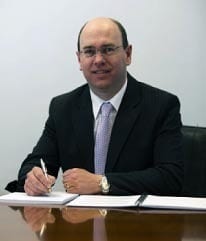
Q. I got married in 2011. Can you advise me of my tax position going forward? I would like things to remain as they were before getting married. Are there any tax advantages?
Dear Reader
Married couples are taxed as single persons in the year of assessment in which marriage takes place. There is a tax review which can be carried out for the year of marriage which, in some cases, gives rise to a repayment of tax. If the total tax payable as single persons exceeds the amount which would have been payable if you were married and jointly assessed for the whole year, you may be entitled, on making a joint claim, to additional relief. The increase in tax payable as single persons is apportioned for the number of months that you were married during the year.
As to whether a refund will arise will depend on your individual circumstances. In the past, we have seen refunds arise where for example one spouse may not have been using their full standard rate cut off point for the year and the other spouse was paying tax at the higher rates.
In general, it is normally more beneficial to be taxed jointly. Joint assessment is automatic following the year of marriage. If however, before the end of the tax year, in your case 2012, either spouse gives notice in writing to the Inspector of Taxes that they wish to be assessed as single persons, then joint assessment will not apply.
Even where joint assessment applies, both you and your spouse can ensure that you retain your own tax credits and standard rate cut off point. Therefore your position before the marriage should be the same as that after the marriage. The benefit of joint assessment is that if one spouse, for whatever particular reason, was not using their full standard rate cut off points or tax credits these can be transferred to the other spouse by means of a letter to Revenue.
This column is a readers’ service and is not intended to replace professional advice.







